#Nodenyingit, Denial Breeds Hate
Starting on July 29, 2020 Holocaust survivors started posting 30 second videos on Facebook addressed to its CEO Mark Zuckerberg imploring him to remove Holocaust denial posts. In what became the first-ever Holocaust survivor-driven digital campaign, survivors appealed to Zuckerberg to delete denial posts and classify them as hate speech. The hashtag #Nodenyingit called on Zuckerberg to claim moral responsibility for his platforms and its users, and it worked! But now what? What can we learn from this campaign?
It took years of criticism and advocacy before Zuckerberg finally reversed his position on censoring denial. Three years ago, Zuckerberg had defended the rights of Holocaust deniers on his platforms. In a 2018 interview with journalist Kara Swisher he explained, “I’m Jewish, and there’s a set of people who deny the Holocaust happened. I find that deeply offensive. But at the end of the day, I don’t believe that our platform should take that down because I think there are things that different people get wrong. I don’t think that they’re intentionally getting it wrong.”[1] The day after the interview for the Recode Decode podcast, Zuckerberg emailed Swisher to clarify his previous statement on denial. He wrote that he finds “Holocaust denial deeply offensive” but that if he were to censor all fake news on his site then it “would lose the vast majority of its distribution in News Feed.” Additionally, he did note that “if a post crossed [a] line into advocating for violence or hate against a particular group, it would be removed.”[2] And herein lies the problem! Denial of a genocide, be it the Holocaust or any other, is implicitly dangerous and supporting future violence. Although Zuckerberg seemed to defend ignorance as different from intent, this logic is explosively incorrect.
Denial helps germinate future hate crimes by allowing room for discrimination, prejudice, and ignorance to grow. And perpetrators of genocide and religious, racial, or ethnically motivated violence know this! The Myanmar government started using Facebook groups and Facebook messenger to spread rumors about the Rohingya, a Muslim ethnic group located primarily in Rakhine, Myanmar (Burma).[3] This campaign of misinformation helped the government gain support for its genocidal actions against the Rohingya. White Nationalists groups use Facebook to build community and organize events. A counter-protestor was killed at a “Unite the Right” rally in 2017, for example, an event that had used Facebook to recruit attendees.[4] Denying the right of any group to exist, as well as the denial of any group’s past or current persecution, ultimately endangers the group in question. Genocide doesn’t happen overnight and therefore platforms like Facebook, Instagram, or Twitter help plant the seed for future violence when they view discrimination, racism, or xenophobia as not endemic to violence.
So, what can we learn from the successful #Nodenyingit campaign? Advocacy works, but there is more work to be done. Anyone who doesn’t see the connection between racism, bigotry, or othering and future violence is, simply put, in denial.
[1] Kara Swisher, “Full Transcript: Facebook CEO Mark Zuckerberg on Recode Decode,” Vox News, 18 July 2018: https://www.vox.com/2018/7/18/17575158/mark-zuckerberg-facebook-interview-full-transcript-kara-swisher.
[2] Kara Swisher, “Mark Zucerberg clarifies: ‘I personally find Holocaust denial deeply offensive, and I absolutely didn’t intend to defend the intent of people who deny that.’” Vox News, 18 July 2018: https://www.vox.com/2018/7/18/17588116/mark-zuckerberg-clarifies-holocaust-denial-offensive
[3] Facebook employed BSR, an independent global nonprofit organization, to review its human rights policies after facing public criticism over its failure to stop the Myanmar Government from inciting violence against Rohingya in Myanmar. BSR undertook a human rights impact assessment of Facebook’s presence in Myanmar between May and September 2018. The report is accessible online here.
[4] Julia Carrie Wong, “Mark Zuckerberg on Chalottesville: Facebook will remove violent threats,” The Gaurdian, 16 August 2017: https://www.theguardian.com/technology/2017/aug/16/mark-zuckerberg-facebook-charlottesville-response

